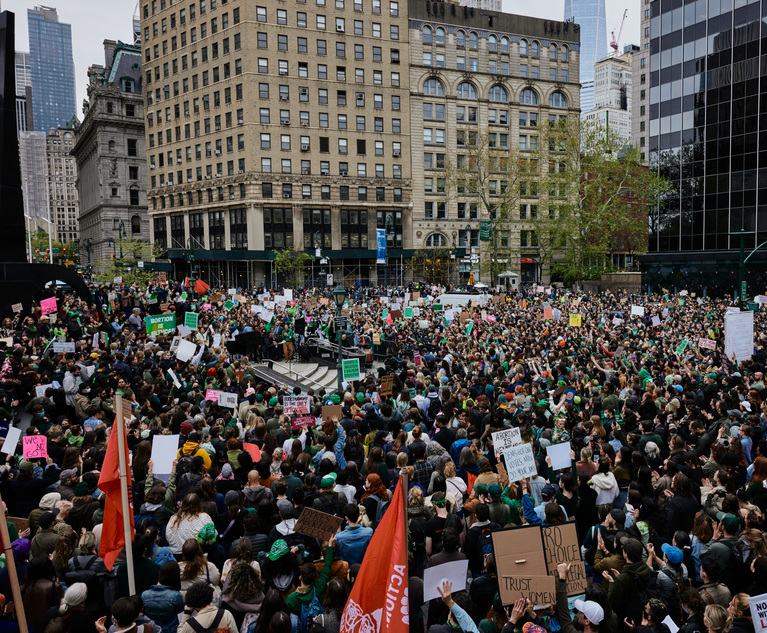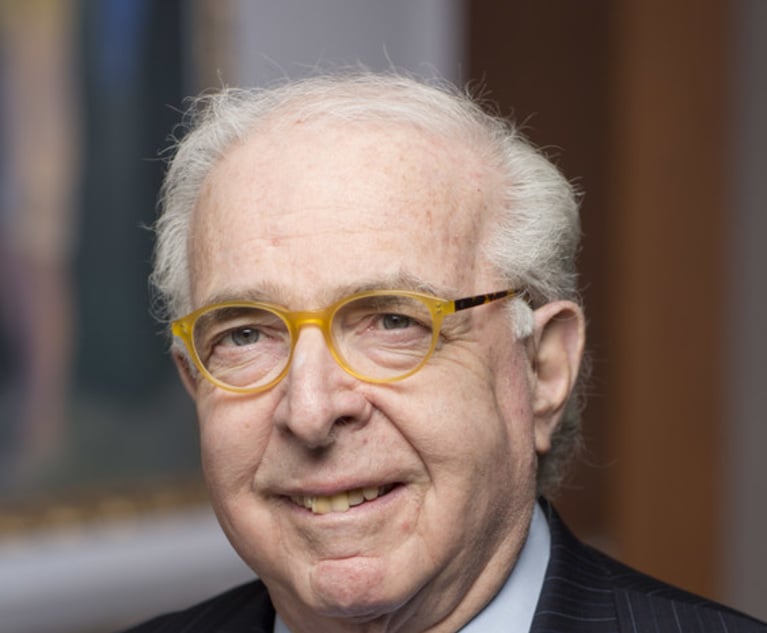“Liberty finds no refuge in a jurisprudence of doubt. Yet 19 years after our holding that the Constitution protects a woman’s right to terminate her pregnancy in its early stages, Roe v. Wade (1973), that definition of liberty is still questioned .…” Casey v. Planned Parenthood (1992).
Dobbs v. Jackson Women’s Health, the case now before the U.S. Supreme Court, involves a Mississippi law which bans abortion after 15 weeks of pregnancy with no exceptions for rape, incest, or the life of a pregnant person. In its initial petition to be heard before the Supreme Court, Mississippi did not seek to overturn Roe but sought only to argue in favor of establishing fetal viability after 15 weeks (i.e., “a capability of meaningful life outside the mother’s womb”) rather than the 24 weeks established by Roe. After certiorari was granted, Justice Ginsburg died and her vacancy on the Court was filled by Justice Barrett. It was only then that the state of Mississippi amended its petition to seek reversal of Roe in its entirety.


 Protestors gather in Foley Square to speak out in support of abortion rights on May 3, 2022, in Manhattan, New York. Photo: Alexander R. West/ALM
Protestors gather in Foley Square to speak out in support of abortion rights on May 3, 2022, in Manhattan, New York. Photo: Alexander R. West/ALM




